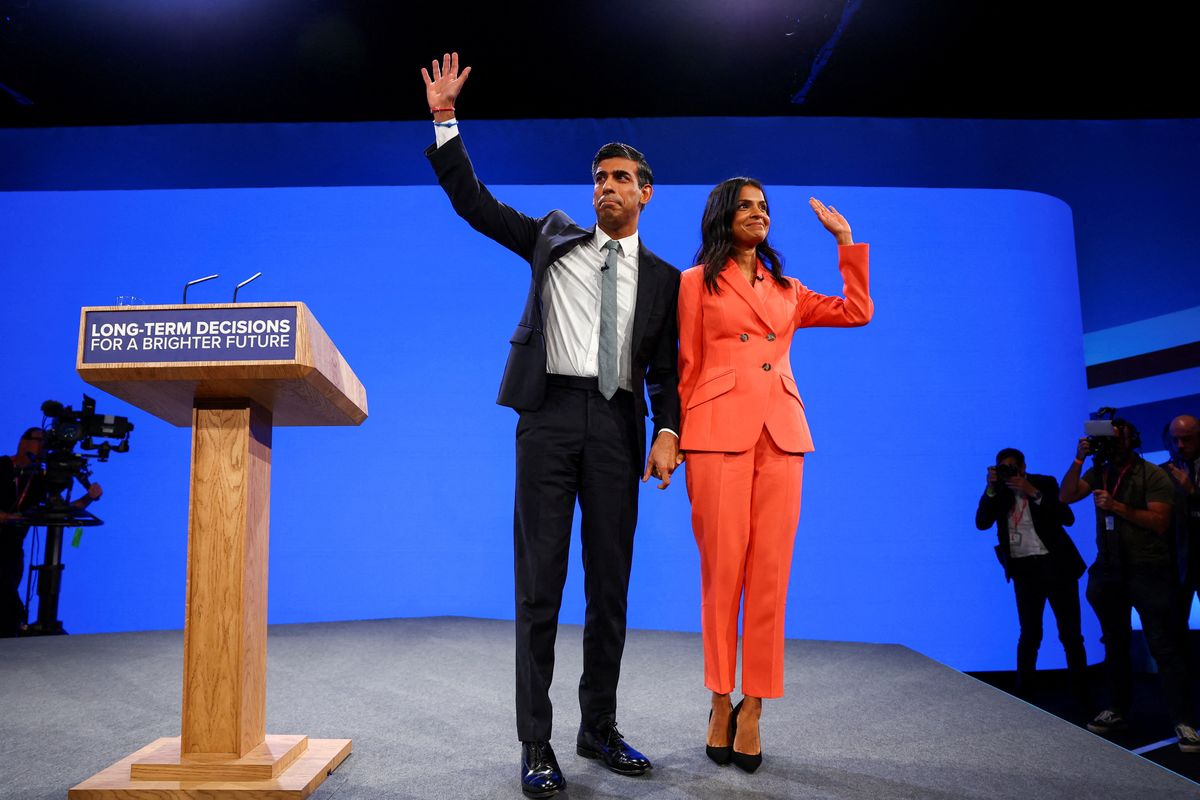In his first major address to the British Conservative Party conference since becoming prime minister last fall, Rishi Sunak certainly ruffled some feathers.
The biggest announcement at the conference, held in Manchester, was Sunak’s decision to scrap the northern part of the HS2 railway project, Britain’s first extended high-speed rail network, planned to run through the country’s nucleus. Scrapping this leg of the route means severing the path between Birmingham and Manchester.
Sunak says the move will save billions of pounds amid a cost-of-living crunch that’ll be directed to other railway and bus services. But many critics – including Tory stalwarts like former PM David Cameron, who pioneered the project back in 2013 – are calling the decision a mistake.
Sunak allies say that the cost of the project, which the Cameron government earmarked at £37 billion a decade ago, is rising too much and cutting back could save important tax dollars.
But business leaders say Sunak’s flip-flopping will undermine investor confidence in government decision-making and that ditching a much-needed infrastructure overhaul will negatively impact economic growth.
Sunak pitched himself to the forum as a changemaker after years of failed leadership – Tories have ruled for 17 of the past 30 years – in a clear effort to mix things up. After years of political tumult, the Tories are now trailing the Labour Party by 16 percentage points in some national polls.
It’s clear that Brits have soured on the Conservative Party and that the Labour Party would win if elections, set to take place before Jan. 2025, were held tomorrow. Still, polls suggest a gap between disdain for the Tories and enthusiasm for the alternative. Next week, it’s Labour leader Keir Starmer’s turn to address his party’s conference in Liverpool and put forward a positive policy message. The pressure is on.



















